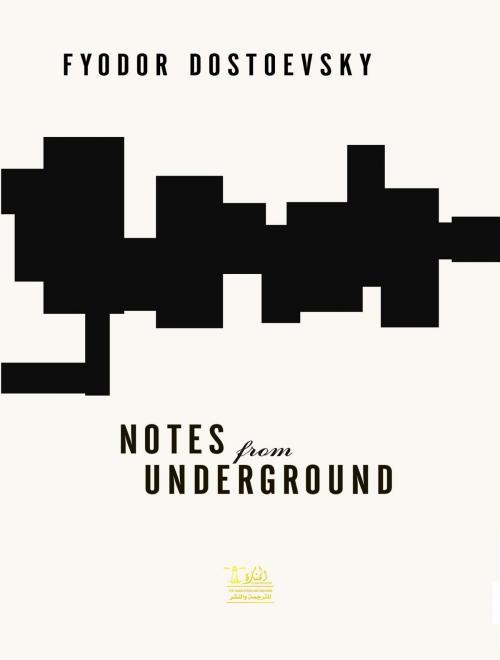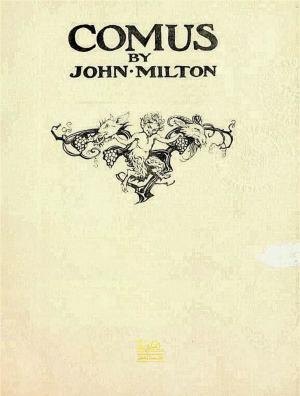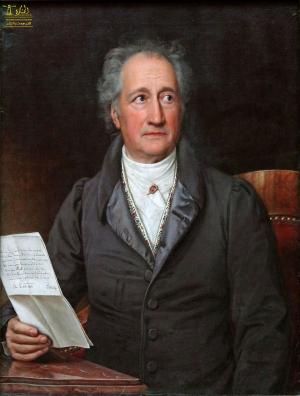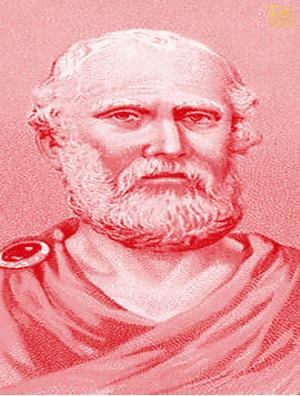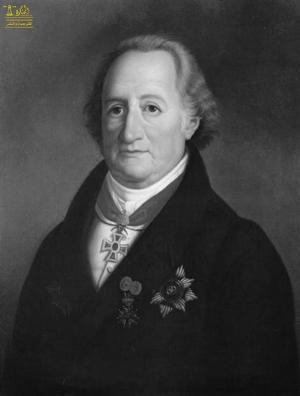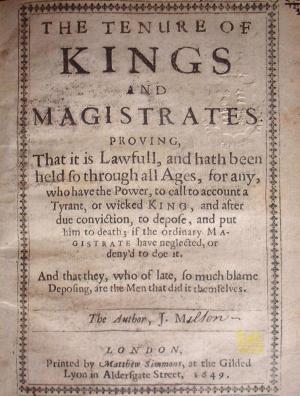| Author: | Fyodor Dostoyevsky | ISBN: | 9780599447387 |
| Publisher: | Lighthouse Books for Translation Publishing | Publication: | May 4, 2019 |
| Imprint: | Lighthouse Books for Translation and Publishing | Language: | English |
| Author: | Fyodor Dostoyevsky |
| ISBN: | 9780599447387 |
| Publisher: | Lighthouse Books for Translation Publishing |
| Publication: | May 4, 2019 |
| Imprint: | Lighthouse Books for Translation and Publishing |
| Language: | English |
Notes from Underground, also translated as Notes from the Underground or Letters from the Underworld, is an 1864 novella by Fyodor Dostoevsky. Notes is considered by many to be one of the first existentialist novels.
Fyodor Dostoyevsky, in full Fyodor Mikhaylovich Dostoyevsky, Dostoyevsky also spelled Dostoevsky, (born November 11 [October 30, Old Style], 1821, Moscow, Russia—died February 9 [January 28, Old Style], 1881, St. Petersburg), Russian novelist and short-story writer whose psychological penetration into the darkest recesses of the human heart, together with his unsurpassed moments of illumination, had an immense influence on 20th-century fiction.
Dostoyevsky is usually regarded as one of the finest novelists who ever lived. Literary modernism, existentialism, and various schools of psychology, theology, and literary criticism have been profoundly shaped by his ideas. His works are often called prophetic because he so accurately predicted how Russia’s revolutionaries would behave if they came to power. In his time he was also renowned for his activity as a journalist.
Major works and their characteristics
Dostoyevsky is best known for his novella Notes from the Underground and for four long novels, Crime and Punishment, The Idiot, The Possessed (also and more accurately known as The Demons and The Devils), and The Brothers Karamazov. Each of these works is famous for its psychological profundity, and, indeed, Dostoyevsky is commonly regarded as one of the greatest psychologists in the history of literature. He specialized in the analysis of pathological states of mind that lead to insanity, murder, and suicide and in the exploration of the emotions of humiliation, self-destruction, tyrannical domination, and murderous rage. These major works are also renowned as great “novels of ideas” that treat timeless and timely issues in philosophy and politics. Psychology and philosophy are closely linked in Dostoyevsky’s portrayals of intellectuals, who “feel ideas” in the depths of their souls. Finally, these novels broke new ground with their experiments in literary form.
Unlike many other Russian writers of the first part of the 19th century, Dostoyevsky was not born into the landed gentry. He often stressed the difference between his own background and that of Leo Tolstoy or Ivan Turgenev and the effect of that difference on his work. First, Dostoyevsky was always in need of money and had to hurry his works into publication. Although he complained that writing against a deadline prevented him from achieving his full literary powers, it is equally possible that his frenzied style of composition lent his novels an energy that has remained part of their appeal. Second, Dostoyevsky often noted that, unlike writers from the nobility who described the family life of their own class, shaped by “beautiful forms” and stable traditions, he explored the lives of “accidental families” and of “the insulted and the humiliated.”
Three decades later, in The Diary of a Writer, Dostoyevsky recalled the story of his “discovery.” After completing Poor Folk, he gave a copy to his friend, Dmitry Grigorovich, who brought it to the poet Nikolay Nekrasov. Reading Dostoyevsky’s manuscript aloud, these two writers were overwhelmed by the work’s psychological insight and ability to play on the heartstrings. Even though it was 4:00 am, they went straight to Dostoyevsky to tell him his first novella was a masterpiece. Later that day, Nekrasov brought Poor Folk to Belinsky. “A new Gogol has appeared!” Nekrasov proclaimed, to which Belinsky replied, “With you, Gogols spring up like mushrooms!” Belinsky soon communicated his enthusiasm to Dostoyevsky: “Do you, you yourself, realize what it is that you have written!”
Notes from Underground, also translated as Notes from the Underground or Letters from the Underworld, is an 1864 novella by Fyodor Dostoevsky. Notes is considered by many to be one of the first existentialist novels.
Fyodor Dostoyevsky, in full Fyodor Mikhaylovich Dostoyevsky, Dostoyevsky also spelled Dostoevsky, (born November 11 [October 30, Old Style], 1821, Moscow, Russia—died February 9 [January 28, Old Style], 1881, St. Petersburg), Russian novelist and short-story writer whose psychological penetration into the darkest recesses of the human heart, together with his unsurpassed moments of illumination, had an immense influence on 20th-century fiction.
Dostoyevsky is usually regarded as one of the finest novelists who ever lived. Literary modernism, existentialism, and various schools of psychology, theology, and literary criticism have been profoundly shaped by his ideas. His works are often called prophetic because he so accurately predicted how Russia’s revolutionaries would behave if they came to power. In his time he was also renowned for his activity as a journalist.
Major works and their characteristics
Dostoyevsky is best known for his novella Notes from the Underground and for four long novels, Crime and Punishment, The Idiot, The Possessed (also and more accurately known as The Demons and The Devils), and The Brothers Karamazov. Each of these works is famous for its psychological profundity, and, indeed, Dostoyevsky is commonly regarded as one of the greatest psychologists in the history of literature. He specialized in the analysis of pathological states of mind that lead to insanity, murder, and suicide and in the exploration of the emotions of humiliation, self-destruction, tyrannical domination, and murderous rage. These major works are also renowned as great “novels of ideas” that treat timeless and timely issues in philosophy and politics. Psychology and philosophy are closely linked in Dostoyevsky’s portrayals of intellectuals, who “feel ideas” in the depths of their souls. Finally, these novels broke new ground with their experiments in literary form.
Unlike many other Russian writers of the first part of the 19th century, Dostoyevsky was not born into the landed gentry. He often stressed the difference between his own background and that of Leo Tolstoy or Ivan Turgenev and the effect of that difference on his work. First, Dostoyevsky was always in need of money and had to hurry his works into publication. Although he complained that writing against a deadline prevented him from achieving his full literary powers, it is equally possible that his frenzied style of composition lent his novels an energy that has remained part of their appeal. Second, Dostoyevsky often noted that, unlike writers from the nobility who described the family life of their own class, shaped by “beautiful forms” and stable traditions, he explored the lives of “accidental families” and of “the insulted and the humiliated.”
Three decades later, in The Diary of a Writer, Dostoyevsky recalled the story of his “discovery.” After completing Poor Folk, he gave a copy to his friend, Dmitry Grigorovich, who brought it to the poet Nikolay Nekrasov. Reading Dostoyevsky’s manuscript aloud, these two writers were overwhelmed by the work’s psychological insight and ability to play on the heartstrings. Even though it was 4:00 am, they went straight to Dostoyevsky to tell him his first novella was a masterpiece. Later that day, Nekrasov brought Poor Folk to Belinsky. “A new Gogol has appeared!” Nekrasov proclaimed, to which Belinsky replied, “With you, Gogols spring up like mushrooms!” Belinsky soon communicated his enthusiasm to Dostoyevsky: “Do you, you yourself, realize what it is that you have written!”
